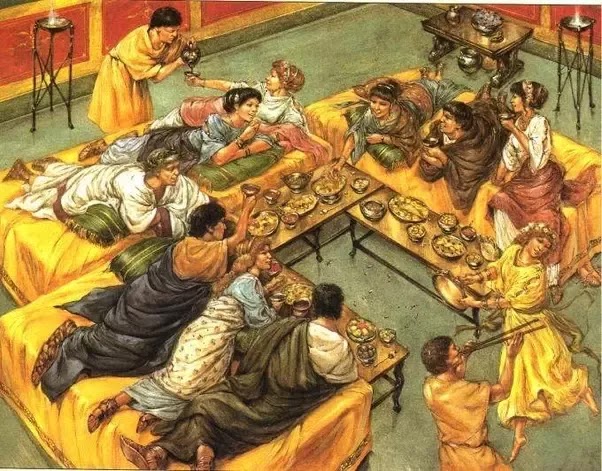Currently I'm into season 2, but these comments are wrapping up season 1.
- Jesus likes to hug. A lot. Not complaining, I've just never thought of Jesus as a big hugger. But why not?
- Erick Avari's performance as Nicodemus was excellent, kudos to him.
- I like the diversity of this cast, both as to gender and to ethnicity. But I'm not comfortable historically with Mary Magdelene being a de facto disciple. Surely a single woman would not have traveled around with 13 single men?
- The Romans, in the last episode of Season 1, don't like the attention Jesus is getting, so they put up a notice in "Aramaic, Latin, and Greek" that is to say "By order of Rome, and punishable by detention and imprisonment, religious gatherings outside the synagogue and Hebrew school are strictly prohibited. The teacher known as Jesus of Nazareth is wanted for questioning." Then a scene shows a Roman soldier posting the notice: Not Aramaic (or Latin or Greek, natch) but Modern Hebrew and not very smooth at that (and in fact a couple of lines are obviously missing). I know that the prop is meant only for verisimilitude and not meant to be historically accurate, but still this is pretty inept. (And it started my mind down a rabbit hole: How would you say "religious gatherings" in ancient Hebrew or Aramaic? I don't think there was even a word "religious" in either tongue.) Couldn't they find a scholar (ahem) who could produce a decent prop in the ancient languages?
- It's axiomatic that every portrayal of Jesus is a kind of mirror image of the age that produced it. In the '60's we had Godspell, with a hippie Jesus. Mel Gibson's Passion of the Christ reflects the conservative Catholic piety of its producer. This Jesus is an evangelical Jesus.
- Which is not to say it's bad by any means. I do enjoy this show, and its kind heart. I nitpick because it's my job.

